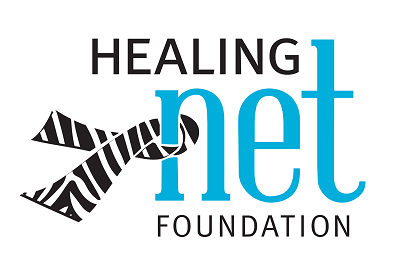Sorting out the Symptoms of NETs by Dr. Eric Liu
/Symptoms of Neuroendocrine Tumors are very challenging because they tend to be very vague. Many NETs are asymptomatic and may be detected on a test for a different reason (CT scan, MRI, colonoscopy, etc.). For specific NETs, there are some "classic" symptoms, which are usually associated with a named syndrome. They cause symptoms because they can secrete hormones that affect your body in an unusual way because of the amount they produce.
Now, probably the most important thing I can express to you is that it is unusual to have a true "textbook" case of these symptoms, because people are so unique and different. I always recommend that if symptoms are persisting, that you should always discuss it with your physician. If the symptoms don't improve with standard treatments, try to escalate the level of specialty because if you never make a diagnosis, you'll never fix the problem. While most of the time the symptoms are caused by something else, if it is caused by cancer, you'd like to find it as quickly as possible so you can get early treatment. At the end of the blog, I'll list some resources you can check for a good understanding of how NETs present.
The typical presentations of NETs can include very vague symptoms, like fatigue, abdominal pain, cramping, and general discomfort. Sometimes they are more distinct, like diarrhea or stomach ulcers. For some of the NETs, the symptoms can be more widespread (or "systemic"). Flushing of the skin, pain in the joints, wheezing, or swelling. In very severe cases, there can even be heart damage causing shortness of breath. Let's go through some of the tumors and see what symptoms can be associated:
Small Intestinal NET - the classical "Carcinoid Syndrome" is skin flushing and diarrhea, which we attribute to the serotonin produced by the tumors. However, there are many more symptoms, including: abdominal pain, bleeding from the rectum, intestinal blockage, joint pain, muscle pain, fatigue, changes to the skin, vitamin deficiencies, abdominal cramping, wheezing and others. Sometimes when the carcinoid affects the heart valves, there can be damage and the symptom is shortness of breath and fatigue.
Stomach NET - these symptoms can be very vague and is usually asymptomatic, but it is usually abdominal pain, mild stomach bleeding, pain with eating certain foods
Gastrinoma - diarrhea, stomach ulcers, difficult reflux disease and heartburn,
Glucagonoma - diabetes, skin rashes, severe weight loss, stomach pain, pain to the tongue and mouth, anemia, blood clots, and depression
Insulinoma - low blood sugar and its related symptoms (confusion, weakness, nervousness, sweating, racing heart).
Lung NET - persistent cough, wheezing, shortness of breath, persistent bronchitis or pneumonia, coughing up blood
So, you can see why it is sometimes really difficult to figure out what's going on. Plus, since these tumors are slow growing, the symptoms can linger for years, which is why it may take 5-7 years to make the diagnosis. These are just a few of the symptoms of some of the unusual tumors. Thankfully, most of these symptoms are NOT caused by cancer, but if it is, we need to find it quickly. Here are some resources on other NETs:
Interscience Institute: http://www.interscienceinstitute.com/docs/Neuroendocrine%20Tumors%20book%202012-14_REPRINT_PRESS.pdf
NIH: http://www.cancer.gov/cancertopics/pdq/treatment/isletcell/Patient
http://www.cancer.gov/cancertopics/pdq/treatment/gastrointestinalcarcinoid/Patient
Eric Liu, M. D.





